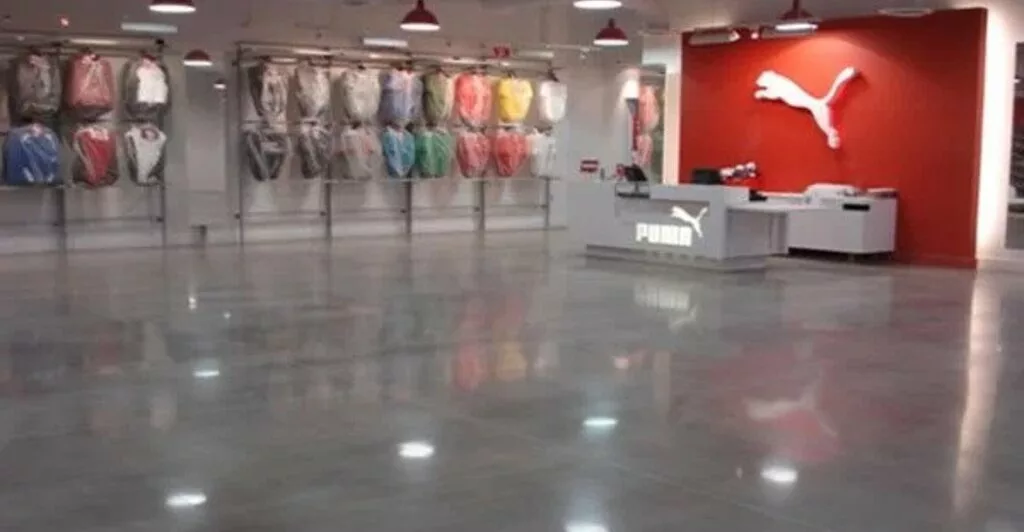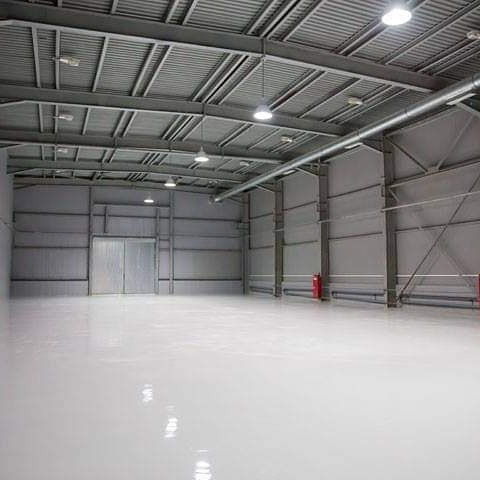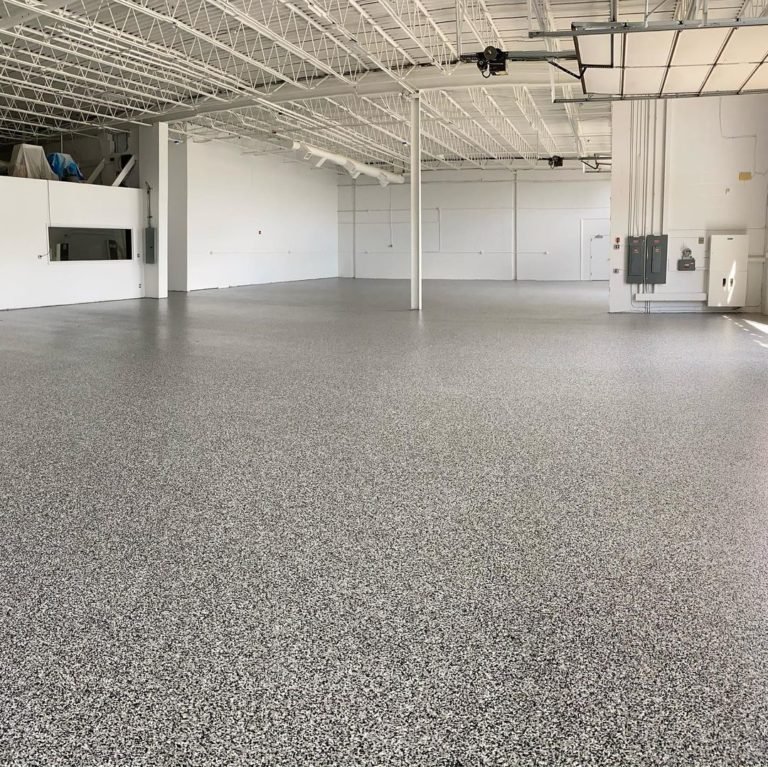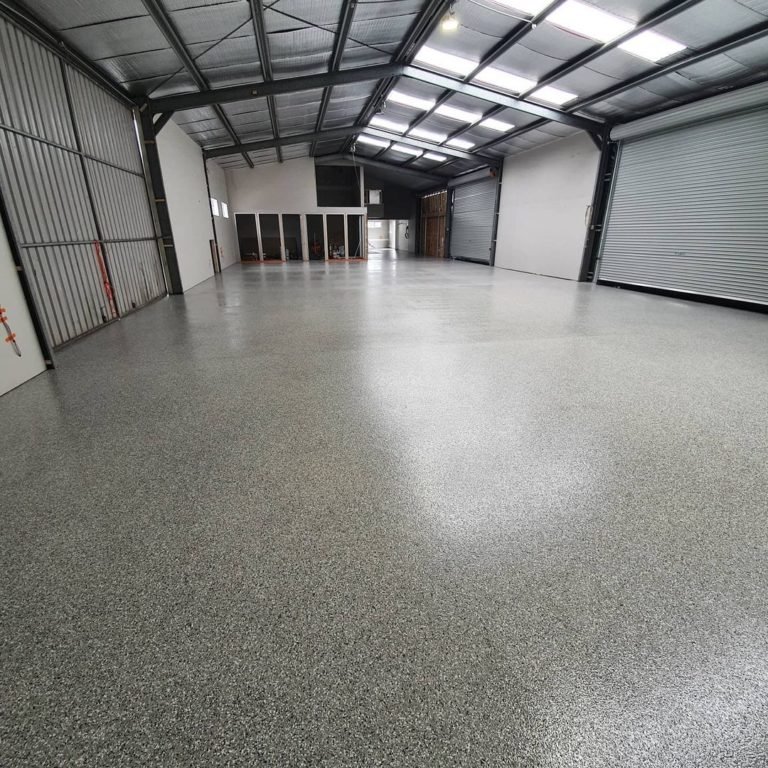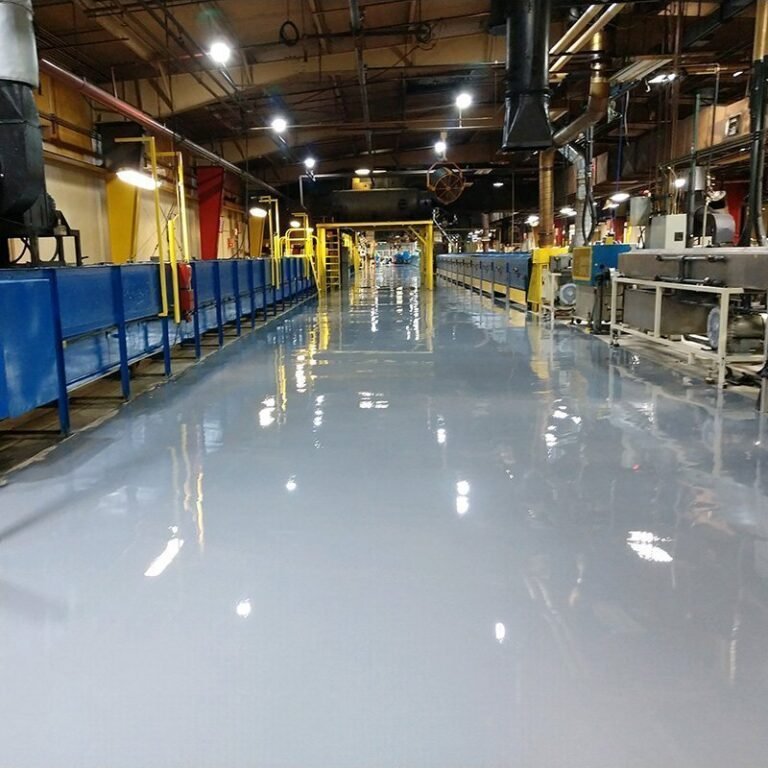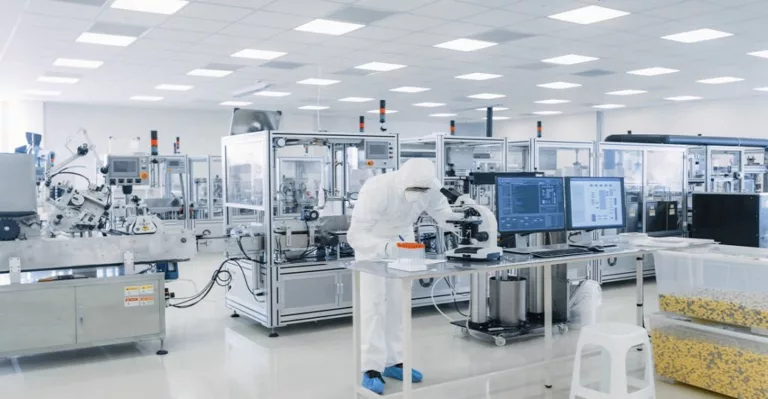Comprehensive Guide to Types of Epoxy Flooring and Their Benefits
Epoxy flooring has become a popular choice for both residential and commercial spaces due to its durability, aesthetic appeal, and versatility. Understanding the various types of epoxy flooring and their unique advantages can help you select the best option for your specific needs.
1. Self-Leveling Epoxy Floors
Self-leveling epoxy is applied over new or existing concrete floors to create a smooth, seamless, and durable surface. It’s ideal for commercial spaces like warehouses, offices, and showrooms, as well as residential areas.
Advantages:
- Smooth Surface: Creates an even and visually appealing finish.
- Durability: Withstands heavy foot and machinery traffic.
- Low Maintenance: Easy to clean and maintain.
2. Mortar Epoxy Floors
Mortar epoxy flooring is the most robust epoxy system available, consisting of 100% solid epoxies and graded sand. It’s suitable for areas requiring a high-strength floor to withstand heavy loads.
Advantages:
- High Durability: Ideal for industrial environments.
- Chemical Resistance: Withstands exposure to harsh chemicals.
- Repair Solution: Effective for repairing old floors.
3. Epoxy Flake Floors
Epoxy flake floors incorporate colored flakes into the epoxy to create a vibrant, multi-hued look. This type of flooring is often used in commercial spaces like locker rooms, sports venues, and showrooms.
Advantages:
- Aesthetic Appeal: Offers a decorative and customizable appearance.
- Slip Resistance: The flakes provide a textured surface that enhances safety.
- Conceals Imperfections: Helps mask substrate flaws.
4. Graveled Epoxy Floors
Graveled epoxy, also known as epoxy quartz, combines epoxy resin with quartz sand or other aggregates to create a textured, robust surface. This type of epoxy adds visual interest with its coarse finish, making it distinct from smoother epoxy floors.
Advantages:
- Customizable Designs: Allows for a wide range of colors and patterns, including logos.
- Enhanced Traction: The textured surface provides excellent slip resistance.
- Durability: Suitable for environments where traction and durability are essential.
5. Vapor Barrier Epoxy Floors
Vapor barrier epoxy is applied to concrete floors to create an impenetrable layer that reduces vapor transmission. This prevents moisture from entering the concrete slabs, protecting them from degradation.
Advantages:
- Moisture Protection: Ideal for areas with high humidity or moisture issues.
- Floor Longevity: Extends the lifespan of concrete floors by preventing moisture-related damage.
- Improved Indoor Air Quality: Reduces the potential for mold growth.
Selecting the appropriate type of epoxy flooring depends on your specific requirements, including the desired appearance, functional needs, and environmental conditions of the space. Consulting with experienced professionals can help ensure the chosen epoxy system aligns perfectly with your project’s goals.

